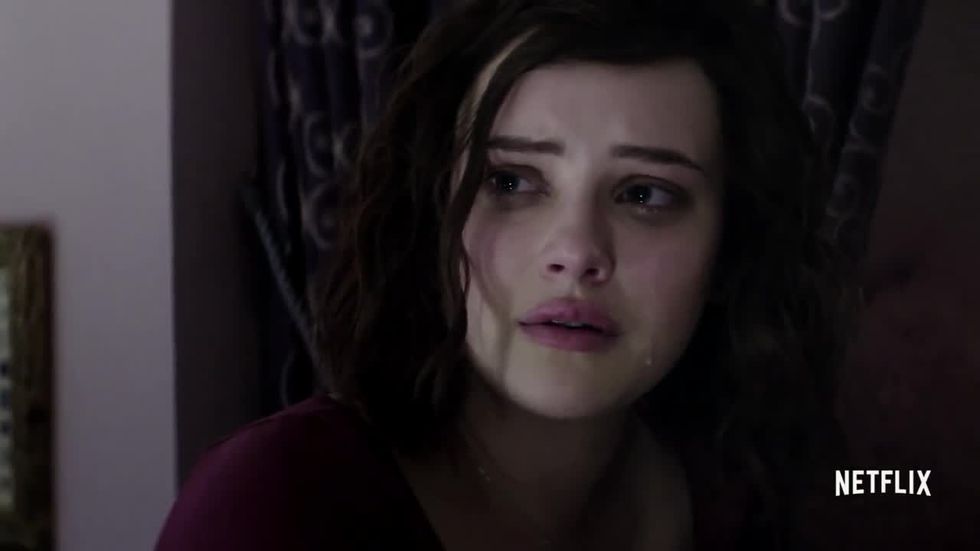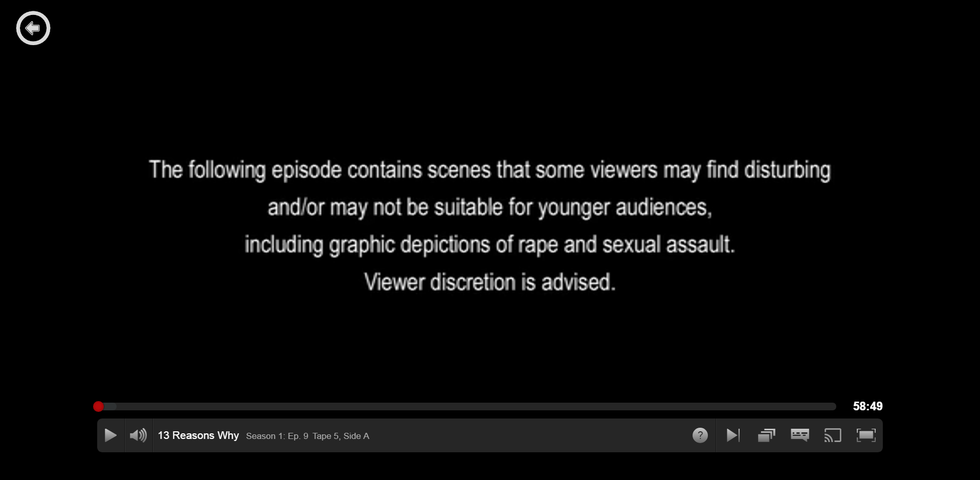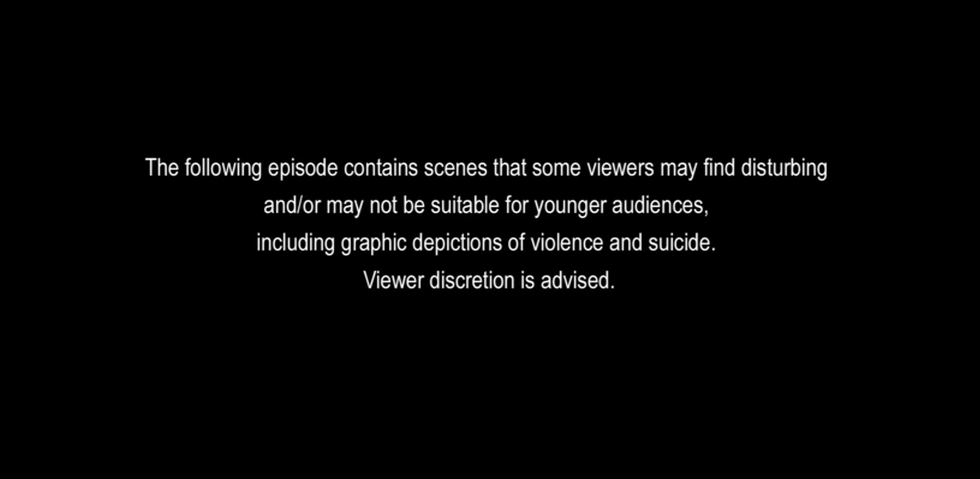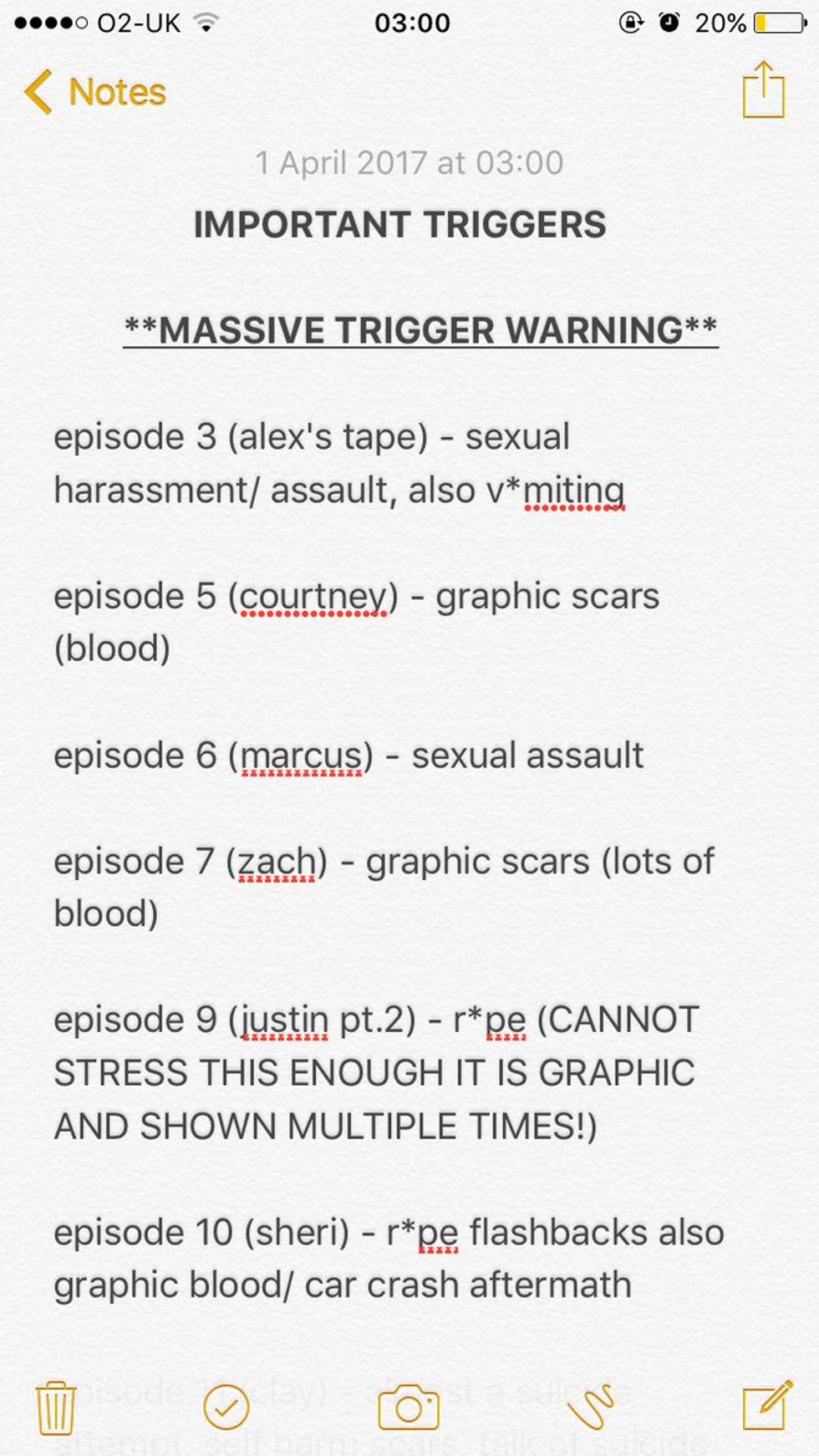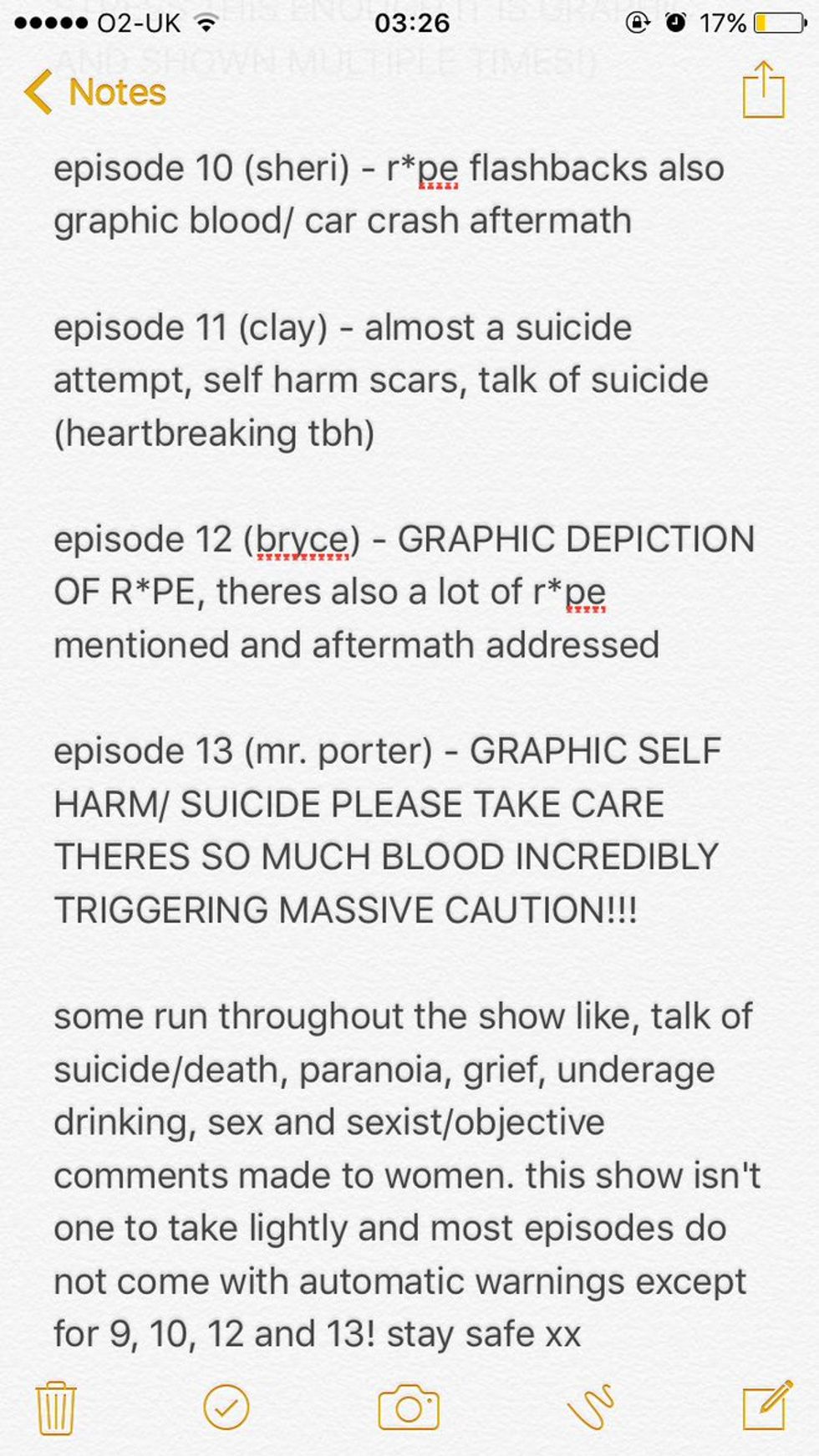When I first heard about 13 Reasons Why, I had to watch it. A show that has a realistic depiction of teenagers, bullying, rape culture, mental illness, and suicide?! Sign me up! However, as I went through the series, I realized that it was far more problematic than informative. If you like the show, then that's fine. I won't stop you. But if you haven't watched it yet, I suggest reading this first.
WARNING: HUGE SPOILERS. But please don't let that stop you because honestly, I suggest avoiding this show altogether.
1. It gets suicide dangerously wrong.
This show implies that bullying and assault are the direct causes of suicide. For years, psychologists have emphasized that suicide is deeply rooted in many factors, and the biggest risk factor is severe mental illness (i.e. depression, bipolar disorder, schizophrenia, substance abuse disorder, etc.) Don't get me wrong, bullying and assault is also a risk factor that shouldn't be avoided. But it is not the primary cause of suicide. We need to erase the mental health stigma by explicitly stating that Hannah is mentally ill.
2. We learn literally nothing about Hannah before her death.
Throughout the series, Hannah is defined by her death. We only ever see her alive in flashbacks, and she is always depicted as free emotional labor and character development for everyone else in the series. We don't learn about her childhood, her family history, or anything else that may contribute to her depression. From what we know, her parents seem like they care about their daughter, but they don't take the time to talk to her. As one of the protagonists in the show, she deserves more character development.
3. It is triggering to people who are mentally ill, survivors of suicide attempts, and sexual assault.
We don't get any trigger warnings whatsoever, which can be extremely dangerous for survivors of suicide attempts, sexual assault, bullying, or any other topic mentioned in this show. Actually, wait.
Oh, there they are! All you have to do is watch until the last four episodes of the series! But until then, you gotta endure the rest of show! Hey Netflix, here's an idea: put your trigger warnings before every single episode of the series.
Here's a complete list of triggers in the whole series:
If you're triggered by the subjects mentioned above, it'd be best not to watch it. But if you're still curious, here's a list of timeskips for each episode.
4. Hannah's death scene undermined the whole show.
The explicit suicide scene at the end is dangerous, as it can desensitize a person to the act of killing oneself. Not to mention that it tells kids the correct way to slit your wrists. Even though it's impossible to plant the idea of suicide into someone's head, we should be aware of the line between awareness and gratuitous gore.
5. The 'nice guys finish last' trope.
Clay Jensen is literally the personification of this trope. He is a nice guy. Despite his flaws, he is a genuinely good person. Hell, the only reason why he ended up on Hannah's list is because he's the only person who actually treated her as a human being. However, despite his niceness, he keeps falling short in love. Instead of actually asking her out, he lets a jock have his way. It's tired. It's boring. And most of all, it perpetuates the misogyny associated with this trope.
6. The 'manic pixie dreamgirl' trope.
What is the manic pixie dreamgirl? Basically, this is the beautiful, interesting and quirky girl that brings fun and light to the life of a boring, brooding guy. Suddenly, his whole world is turned upside down in all the right ways...until something tragic happens and she disappears from his life. But hey, it doesn't matter because her disappearance has made him a slightly better person! Though it sounds cute at first, it's just as misogynistic as the 'nice guys finish last' trope. Hannah's death is nothing more than an overused plot device to develop Clay's character.
7. Hannah is portrayed as vindictive and calculating.
The show depicts Hannah as a teen seeking revenge, not someone in a lot of mental and emotional pain. We get subtle hints that she is mentally ill, but they're not clear enough for someone who doesn't know much about the topic. Instead of exploring Hannah's mental state and her descent into her dark place, the show focuses on the retelling of events from her revenge tapes.
8. There are no resources whatsoever.
Hannah does go to a counselor at the end of the series--which doesn't work. Instead of listening to Hannah's story, Mr. Porter only probes her for answers, making her feel worse. As an aspiring therapist, I found this depiction of counselors dangerous. Most counselors are far more caring than the show makes you think. When you are in a dark place, there is always someone to talk to. There is someone who will be with you, to listen to you. There are a huge number of resources in the United States to support people who are thinking of killing themselves, which will be listed at the end of this article.
And if you are a parent reading this article, and you feel like your teenager is in pain, talk to them. If you really feel like your child is struggling, ask them. Ask them who they can go to for help if they don't want to talk. The same goes for RAs, friends, significant others, or other family members who know someone who might be in pain. Learn the signs of potential suicide behavior and how to take action.
24 Hour Phone Lines
National Suicide Lifeline: 1-800-273-8255
Alternative Lifeline for Deaf/Hard of Hearing: 1-800-799-4889
The Trevor Project: (for LGBTQIA and questioning individuals) 1-866-488-7386
National Hopeline Network: 1-800-SUICIDE (784-2433)
If someone is in danger, call 911.
Text
Crisis Text Line
Text DBSA to 741-741
Chat
Lifeline Crisis Chat
Coping after a Suicide Attempt
A guide for taking care of your family member/friend after a suicide attempt. (PDF)
All of these resources are completely free of charge.



